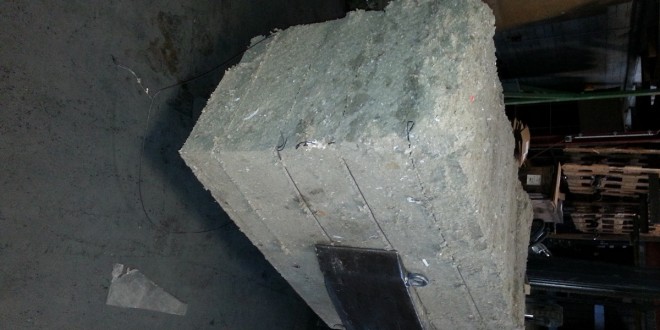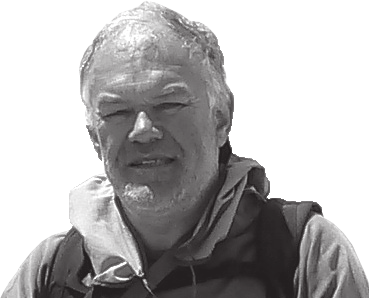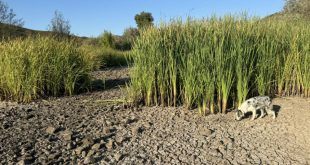Innovation and investment are the spices in our economic soup.
You will need the following ingredients: 38,887 daily returns of the tabloid Correio da Manhã, 27,804 copies of the weekly Sábado, 17,824 unsold copies of Expresso, 12,547 copies of Público and 16,118 unsold copies of the Diário de Notícias, 23,339 copies of the daily Jornal de Notícias, 16,050 returns of the sports paper O Jogo, 33,442 unsold copies of Record, 5,625 returns of Vida Económica, 10,574 copies of Visão – a total of over 250,000 copies of all daily papers and magazines in Portugal per day: A Bola, Caras, Cosmopolitan, Blitz, Autohoje, Autofoco, Sol, Ana, Maria, etc. Best example: the daily paper “i”. They have a print run of almost 50,000 copies every day, and then sell less than 10,000 of them. Which means that some 40,000 “i‘s” get chucked out. So, let no one claim that newspapers work economically and ecologically…
So, what do we do with these millions of tons of unsold newspapers every year, with the mountain of printed paper and news which pollutes our lives every day? The wholesaler VASP (70% market share in Portugal) headquartered in Cacém near Lisbon turns it into cash. They collect the scrap paper and recycle the mountain. They pay the newspaper publishers about 30 cents per kilo.
A wholesaler’s distribution work involves delivering the right number of printed copies to the right place at the right time, so that they get sold there – and not the other way round. But the business is increasingly shifting towards a gap in the market called RECYCLING, with which VASP and RENOVA – Fábrica de Papel do Almonda S.A. earn pretty good money.
Which brings us to ECO123’s business model. It is based on unsold copies coming from the newspaper world (Correio da Manhã, Expresso, etc.) ECO123 is printed on 100% recycled RENOVAPRINT paper. The unsold copies are themselves recycled.
There are some real innovations going on in recycled paper production. Until now, at RENOVA in Almonda in the municipality of Torres Novas, paper was always produced using the traditional pulping process. About 5% of waste paper is soaked and centrifuged in 95% water. The production costs per tonne of recycled paper are very high and there is a huge accumulation of harmful chemicals (dyes etc.) But there is now a new procedure. It has recently been patented internationally and is called FRT-Aeromill™. This fibre recovery process has the potential for major savings of water and energy, a lengthening of the previous recycling cycles, an enormous increase in the quality of fibre and paper products, simpler separation of impurities and savings in residue management. FRT-Aeromill™ is a technology for recycling scrap paper that is easy to integrate, simple and cost-effective. Are you interested? ECO123 will have an exclusive, detailed report on this in the next edition.
 Eco123 Revista da Economia e Ecologia
Eco123 Revista da Economia e Ecologia



